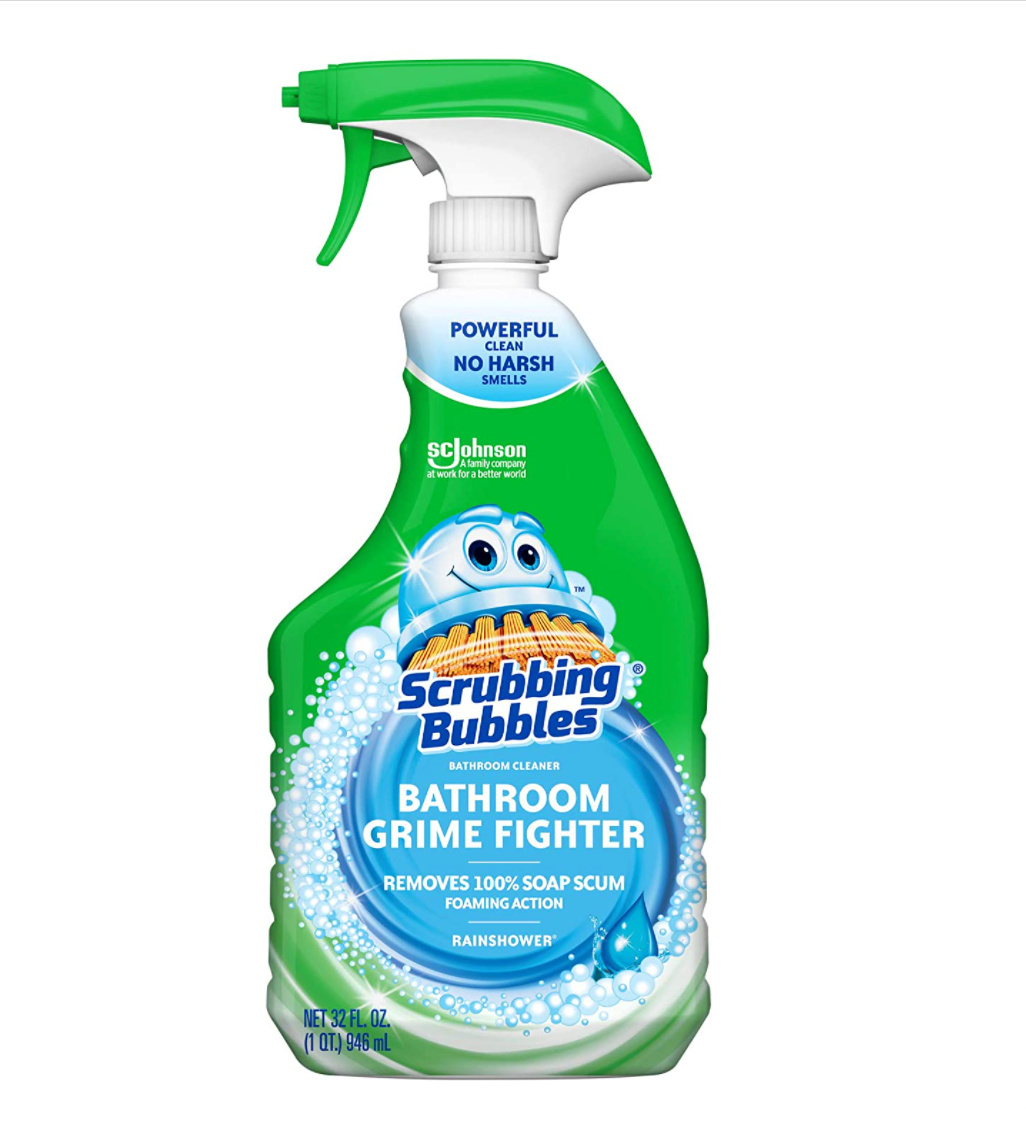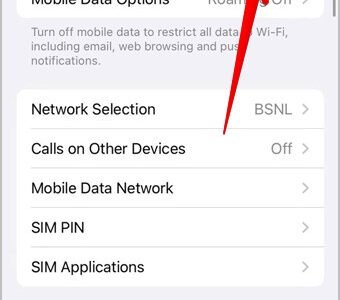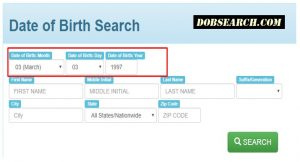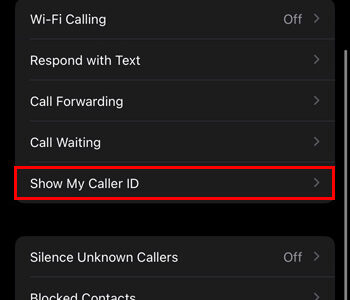Keeping your shower clean is essential for a refreshing and healthy bathing experience. Over time, soap scum, mildew, and hard water deposits can build up, leaving unsightly stains that can be tough to tackle. Fortunately, with the right cleaners and methods, maintaining a sparkling shower can be straightforward and effective. Whether you’re contending with stubborn grime or looking for a daily cleaning solution, there’s a wide variety of products and home remedies to choose from. Let’s dive into some of the best shower cleaners and the tips you need to keep your shower gleaming.

Vinegar and Baking Soda
Vinegar and baking soda are natural, non-toxic ingredients that can effectively clean your shower without the use of harsh chemicals. This dynamic duo can tackle a variety of grime, from soap scum to mildew.
Detailed Steps:
- Mix a 1:1 solution of white vinegar and water in a spray bottle. For extra cleaning power, heat the vinegar before adding it to the spray bottle.
- Spray the solution liberally on the shower walls and door.
- Sprinkle baking soda on a damp sponge or brush and scrub the sprayed areas.
- Allow the solution to sit for 5-10 minutes before rinsing off with warm water.
- For tougher stains, create a paste with baking soda and a small amount of vinegar, apply to the stain, let sit for 15 minutes, then scrub and rinse.
Summary
This combination is safe for most surfaces, except natural stone, and is eco-friendly. The vinegar odor dissipates quickly, but some might find the initial smell unpleasant.
Daily Shower Spray
A daily shower spray can help prevent buildup, so your regular cleanings are easier. There are many varieties you can purchase, or you can make your own.
Detailed Steps:
- After showering, give the walls and door a quick rinse with warm water.
- Spray the daily cleaner across all surfaces of the shower.
- Allow the spray to dry on its own—no rinsing or wiping necessary.
Summary
Using a daily shower spray is a low-effort way to maintain cleanliness, reducing the frequency of deep cleans, though it’s less effective on existing heavy buildup.
Oxygen Bleach Powder
Oxygen bleach powder is a safe alternative to chlorine bleach and can be used to cleanse and brighten your shower.
Detailed Steps:
- Dissolve a scoop of oxygen bleach powder in a gallon of warm water.
- Apply the solution to shower surfaces with a sponge or cloth.
- Leave it to sit for a few minutes, then scrub with a brush if needed.
- Rinse thoroughly with water.
Summary
Oxygen bleach is non-toxic and color-safe, but it should be tested on a small area before widespread use. It might not have the instantaneous effects of chlorine bleach but is more environmentally friendly.
Commercial Mold and Mildew Remover
When dealing with stubborn mold and mildew, a commercial cleaner designed for these issues can be effective.
Detailed Steps:
- Ensure the bathroom is well-ventilated before you begin.
- Spray the affected areas with the mold and mildew cleaner.
- Leave it for the time specified on the product instructions.
- Scrub with a brush if necessary, then rinse thoroughly.
Summary
These specialized cleaners are powerful against mold but often contain harsh chemicals, so wear gloves and avoid inhaling fumes. Always follow the manufacturer’s guidelines.
Hard Water Stain Remover
Hard water stains can make your shower look dirty even when it’s not. A remover catered to these minerals can make a big difference.
Detailed Steps:
- Apply the hard water stain remover to affected areas according to the product directions.
- Leave it to act for the specified amount of time.
- Scrub the area with a non-scratch scrubbing pad.
- Rinse thoroughly with clean water.
Summary
These products target mineral deposits effectively, though repeated use may be necessary for heavy buildup. Avoid on delicate surfaces that can be etched by acidic cleaners.
Non-Scratch Scouring Pads
Non-scratch scouring pads can physically remove grime without scratching surfaces.
Detailed Steps:
- Wet the pad with water and apply a small amount of dish soap if desired.
- Gently scrub the surfaces of your shower, focusing on areas with evident buildup.
- Rinse the area well after scrubbing.
Summary
This method provides immediate results with elbow grease and is safe for most shower surfaces, though it can be labor-intensive for larger areas.









